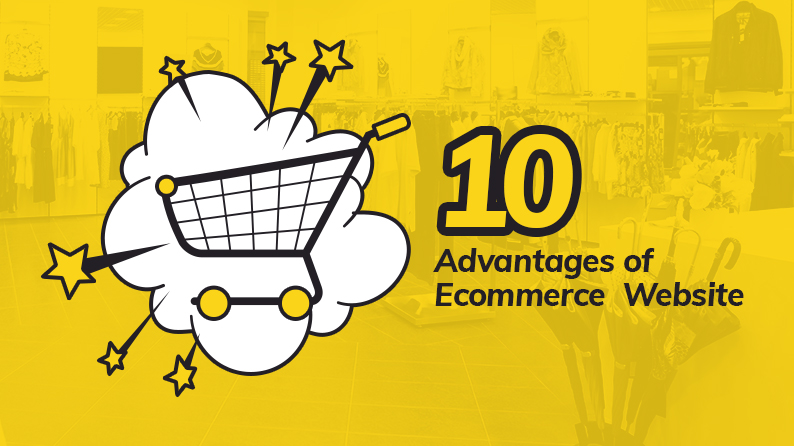If you are planning to start an online marketplace, your marketing strategy should include a dedicated section to attract sellers. For an online marketplace to be seller-friendly, you must know the important areas that may bring ease for the seller and enable him/her sell effectively.
In your journey to establish an online marketplace as seller-friendly, few important areas are – knowing the pain points of sellers, policies that enable a seller to operate with ease, and effective marketing campaigns that benefit a seller. In this blog post, we will explore the above-mentioned points in detail.
What are the pain points of sellers? (with Solutions)
Complicated Seller Registration Process
The seller registration process involves gathering important information to confirm a sellerÔÇÖs identity. While this process can be long, it is important to shorten the registration form to reduce the time.
At this point, it is important to mention the significance of online marketplace platform which gives you the option to add new fields in the seller registration form. The new fields can also be used to enable the seller to upload documents containing information on tax, identity, licenses, and more.
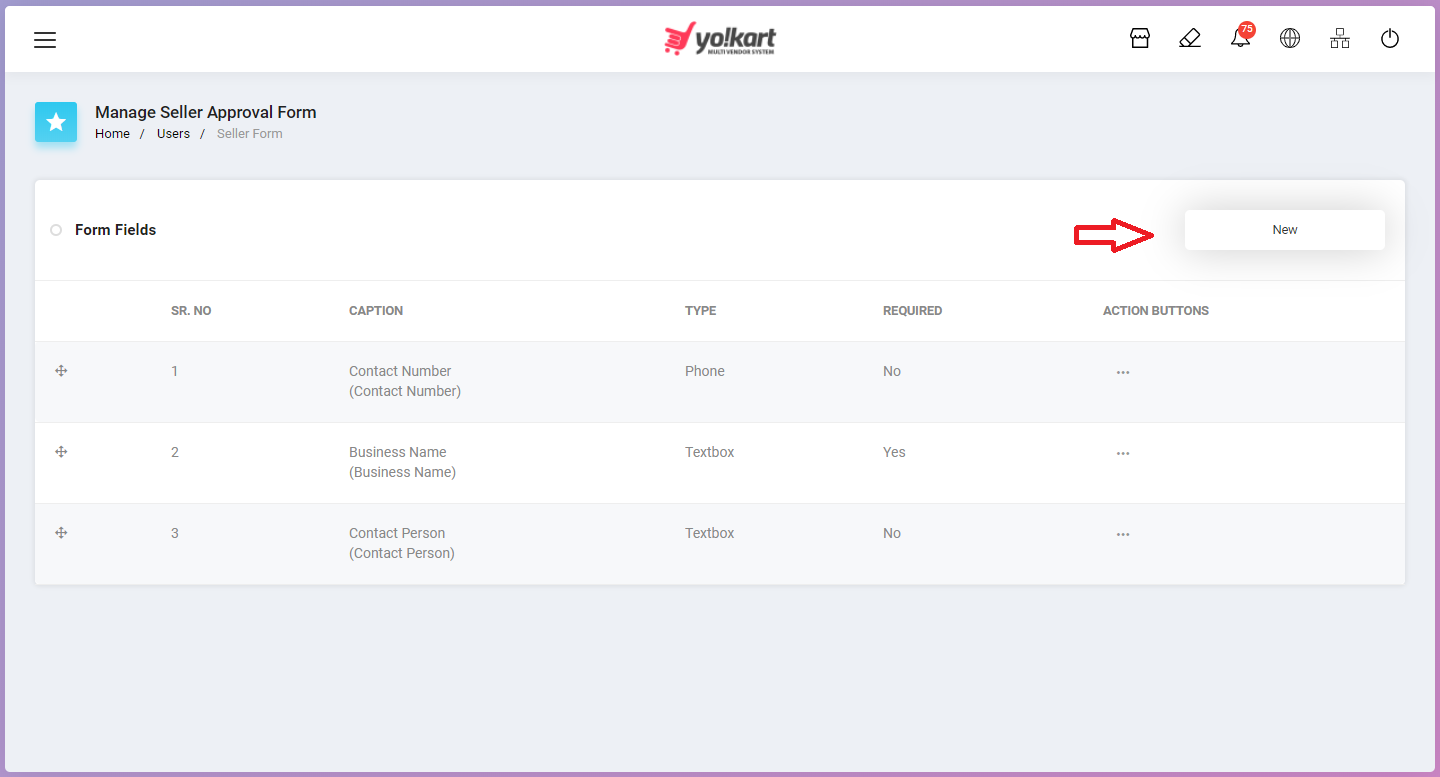
{Custom Field Addition in New Seller Registration Form}
Manual efforts in volume management
A seller usually sells on more than one platform, managing inventory across channels is a time-consuming task.
Example
Alok is a fashion clothing seller, who has listed his products on 4 different ecommerce marketplaces. Every month he updates the inventory on each channel by understanding the requirement and making amendments. After 5 products are sold, he has to update the stock on each platform.
To enable sellers to perform omnichannel inventory sync, you can integrate your ecommerce marketplace with a third-party application such as EasyEcom.
Creation of brand
The customer remembers the name of the marketplace but not of the seller. The success of a seller completely depends on the success of the online marketplace. The marketplace admin needs to understand that every seller has his/her own identity and to make the marketplace more credible, the admin must provide a shop page.
The Seller should be able to manage the following:
- Banner Image
- Products to be displayed
- Information to be displayed
- About section of the seller
For Example
To enable a seller to create his/her brand, the sellerÔÇÖs shop page is an ideal place where buyers can see relevant information. As shown in the image below, the product page contains a link to the sellerÔÇÖs shop page.
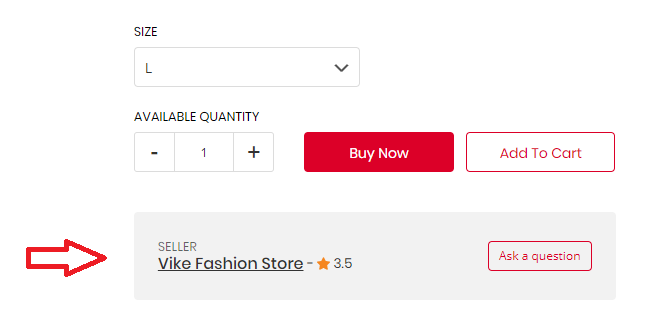
{SellerÔÇÖs Shop Page}
Upon clicking, the buyer is directed to sellerÔÇÖs shop page where information on reviews, policies, and more, can easily be accessed. This is a great strategy for ecommerce marketplace owner to enable a seller to create brand value.
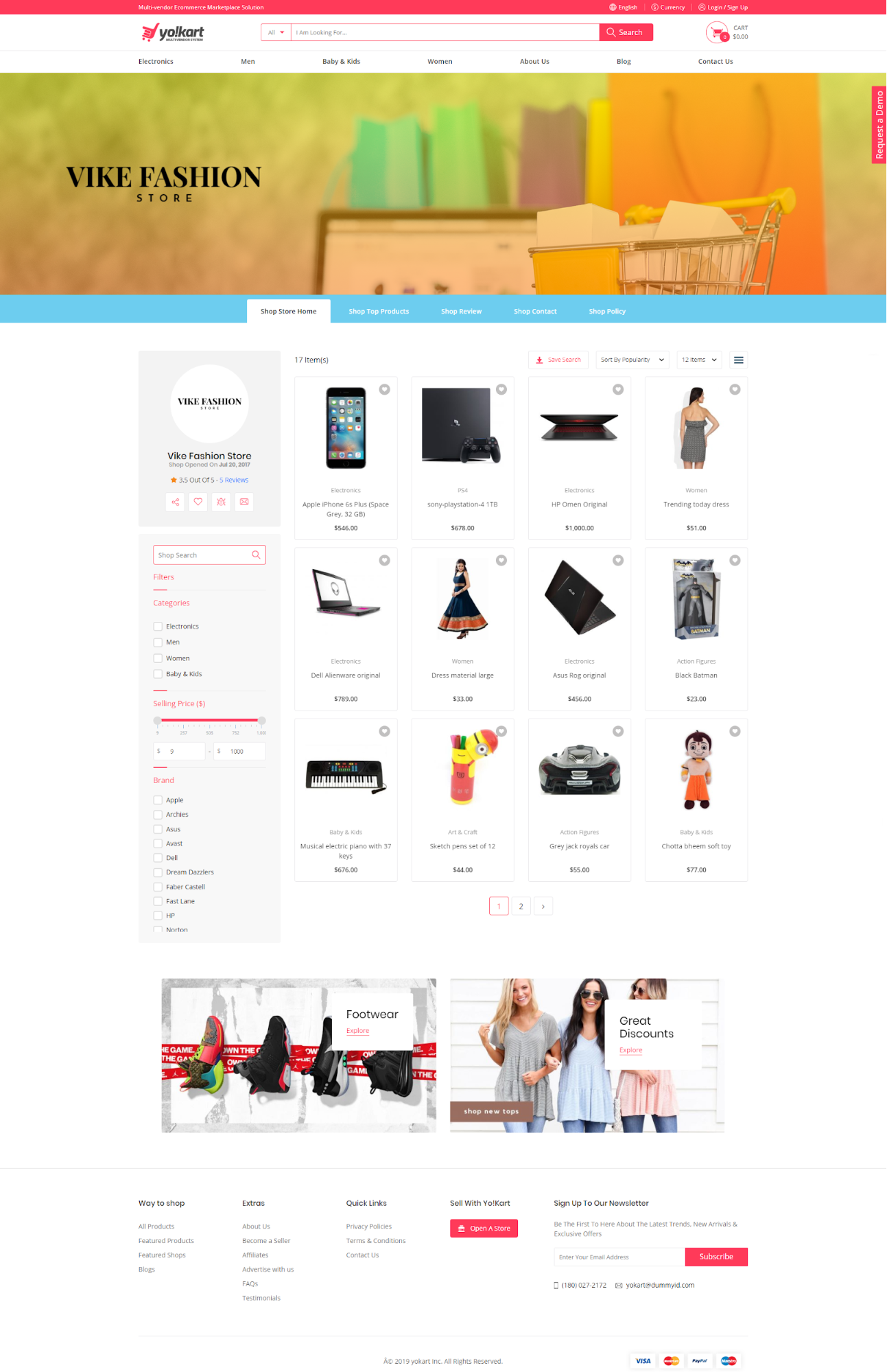
{Yo!Kart Multivendor – SellerÔÇÖs Shop Page}
Search engine ranking is another important factor for the seller as well. The sellerÔÇÖs shop name holds the same level of importance as the name of the ecommerce website holds for the owner. The ecommerce marketplace platform should offer basic options to the seller as shown in the image below.
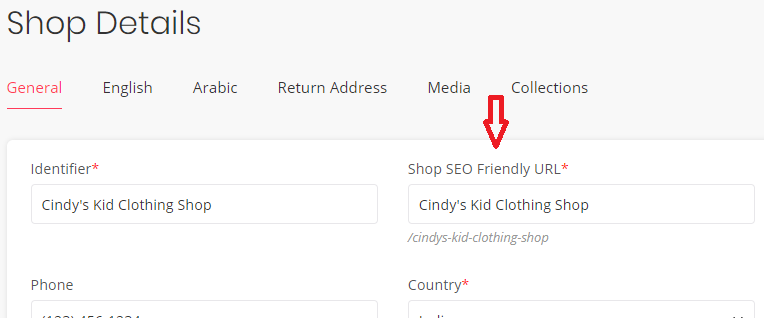
{Shop SEO Friendly URL}
Challenges in scaling up
Entrepreneurs have to prepare for exponential growth, especially in the case of startups and SMBs where the potential to expand is huge. The only way to embrace exponential growth is by investing in a completely customizable online marketplace solution. If exponential growth opportunities are not captured in the right moment, it can be toxic for the seller as well. The cart abandonment increases and so the profits are reduced drastically.
To scale up, consider the following factors:
- Webpage loading speed
- Number of products that can be listed
- Number of concurrent users
- Number of active users
Create an Online Marketplace which your Buyers and Sellers Prefer
Which policies create a seller-friendly ecommerce marketplace?
The policies on which your online marketplace will operate is the first thing which a seller identifies. Many ecommerce marketplace owners are open to new ideas which a seller has to share and make changes in the policy accordingly. The latter may not be possible if an ecommerce marketplace has thousands of sellers. These policies help the seller grow and provide the best customer experience. Here are a few examples:
Return/refund policy
Ask the owner of any online marketplace and he/she will share that return or refund are operationally bad for business. Return or refund equally impacts a seller as well. For startups and SMBs, where resources are less as compared to multi-billion dollar enterprises, the mindset and capability matters when deciding to what extent a business owner is willing to go to lower the operational cost incurred due to returns or refunds.
Choose one of the following which resonates with your target audience and thought-process:
- Option 1: Have a no return/refund policy
- Option 2: Upon return, the buyer has to pay an additional cost
- Option 3: The seller has to pay the operational cost if the delivered product is not found in good condition
Delivery / last-mile delivery policy
Streamlining the delivery part for the seller as well as for the buyer is highly important. To bring ease in the checkout, an external application can be integrated such as ShipStation. The primary advantage of integrating a service provider such as ShipStation is the availability of shipping cost in real-time during checkout.

{Yo!Kart Marketplace – Shipping Info / Charges}
GDPR Compliance
To protect the personal data and privacy of buyers and sellers, an online marketplace should provide the necessary set of features to ensure GDPR compliance. The features should enable sellers as well as buyers to request or remove their data. To give you a better idea of these features, check the following screenshots:
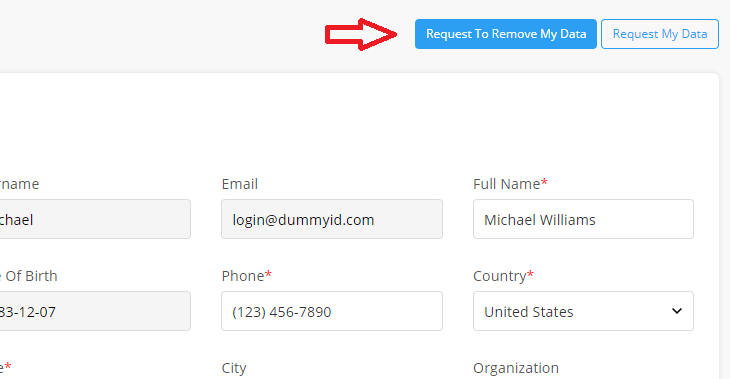
{GDPR Compliance – options for sellers to request information}
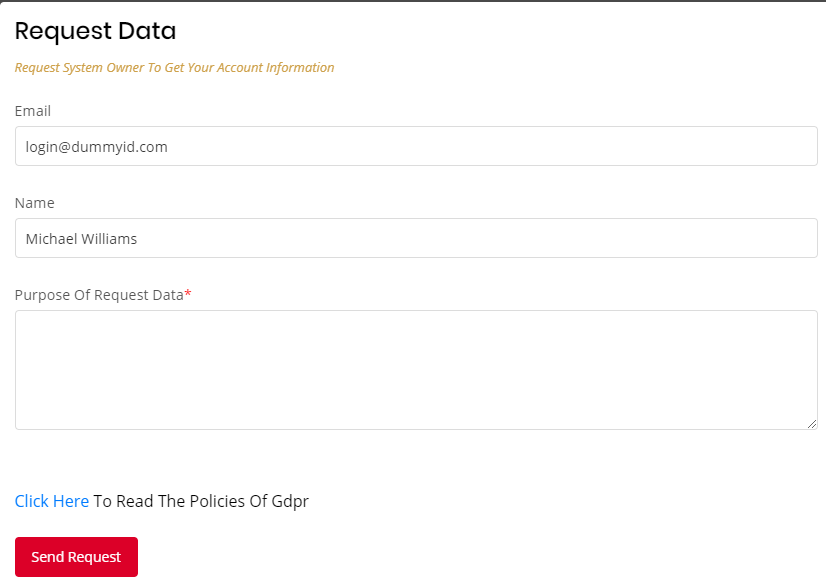
{GDPR Compliance – request data form for sellers}
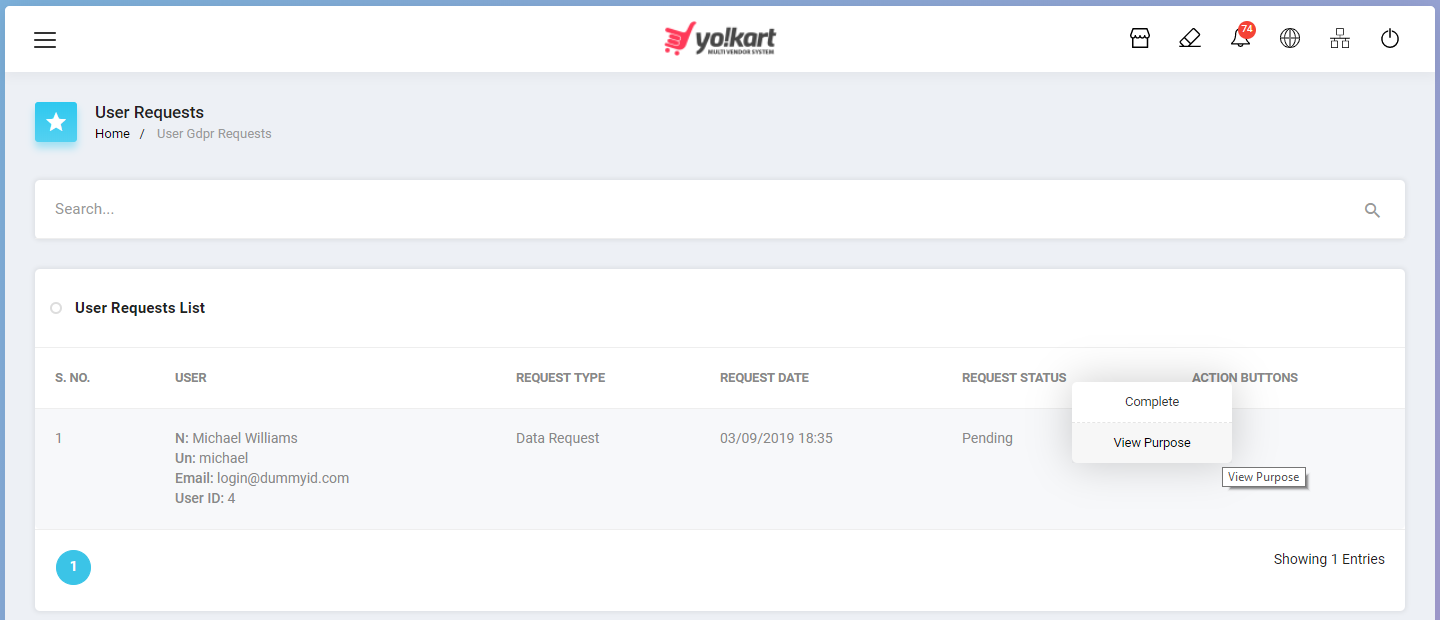
{GDPR Compliance – admin views request from sellers and take action}
Personalized Shop-Specific Policies
Every seller has different operational capabilities. A seller should be given separate space to provide his/her version of payment, delivery, and refund policy after consulting with online marketplace owner.
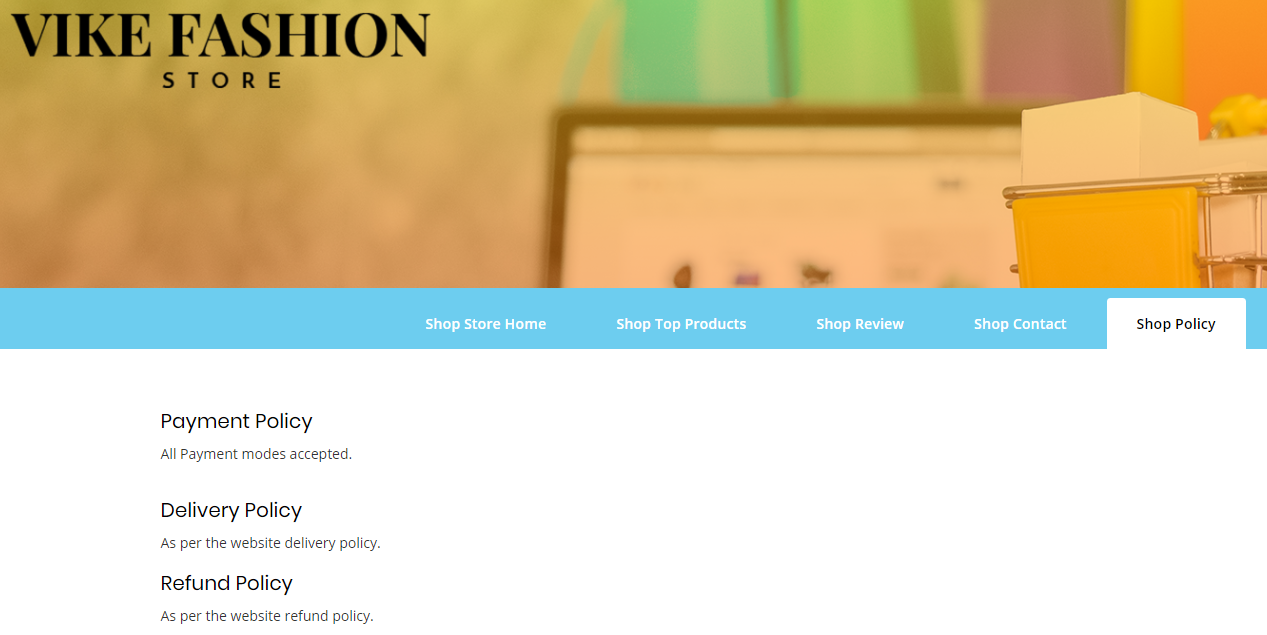
{Shop policy page}
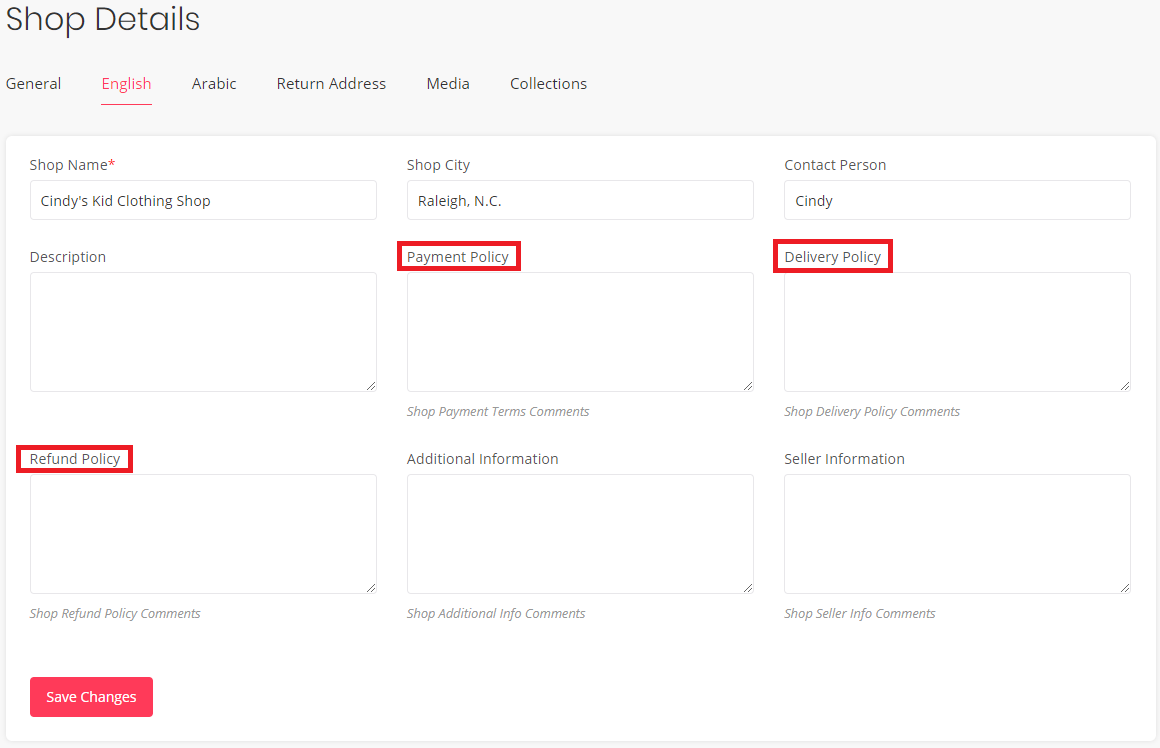
{SellerÔÇÖs Area – payment policy, delivery policy, and refund policy}
Which marketing campaigns support sellers?
You can run different marketing campaigns from time to time. Almost every marketing campaign helps a seller by attracting more buyers to the website. Here are a few examples (with screenshots) that a marketplace owner can plan and execute using Yo!Kart:
Banner advertisement
If the seller wants to promote his products as soon as visitors open the website, the banner advertisement is the best way. The admin must provide the seller an option to market themselves on the banner of the website.
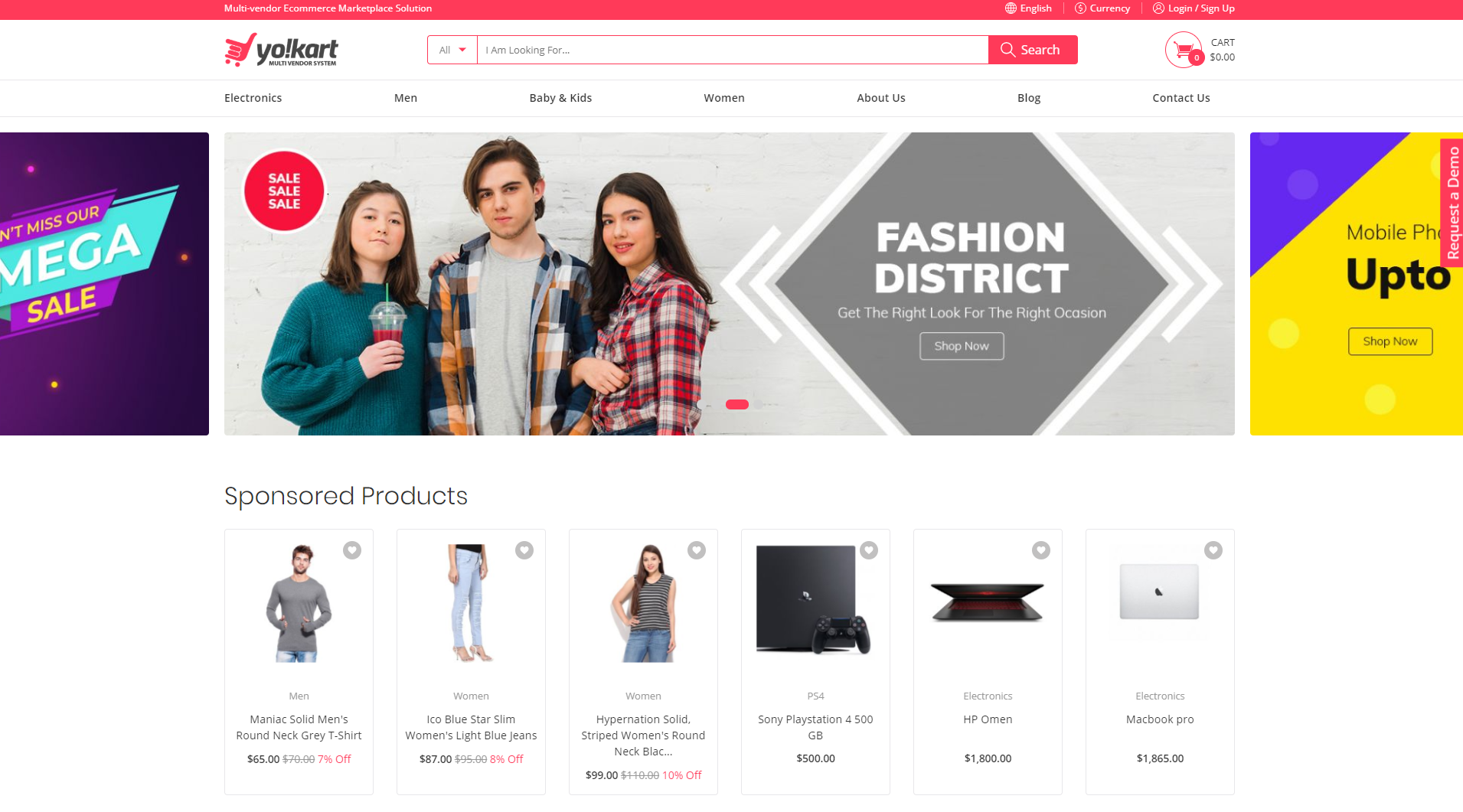
{Homepage Banner Advertisement}
In addition to the main homepage banner, 2 additional spaces are provided for a seller to run a PPC campaign. The same is showcased in the screenshot provided under the section ÔÇ£Featured productsÔÇØ.
Featured Products
The online marketplace should provide features for a seller to invest in PPC advertisements. In the following screenshot, different details are visible for featured products – name, actual price, discount percentage, and product image.
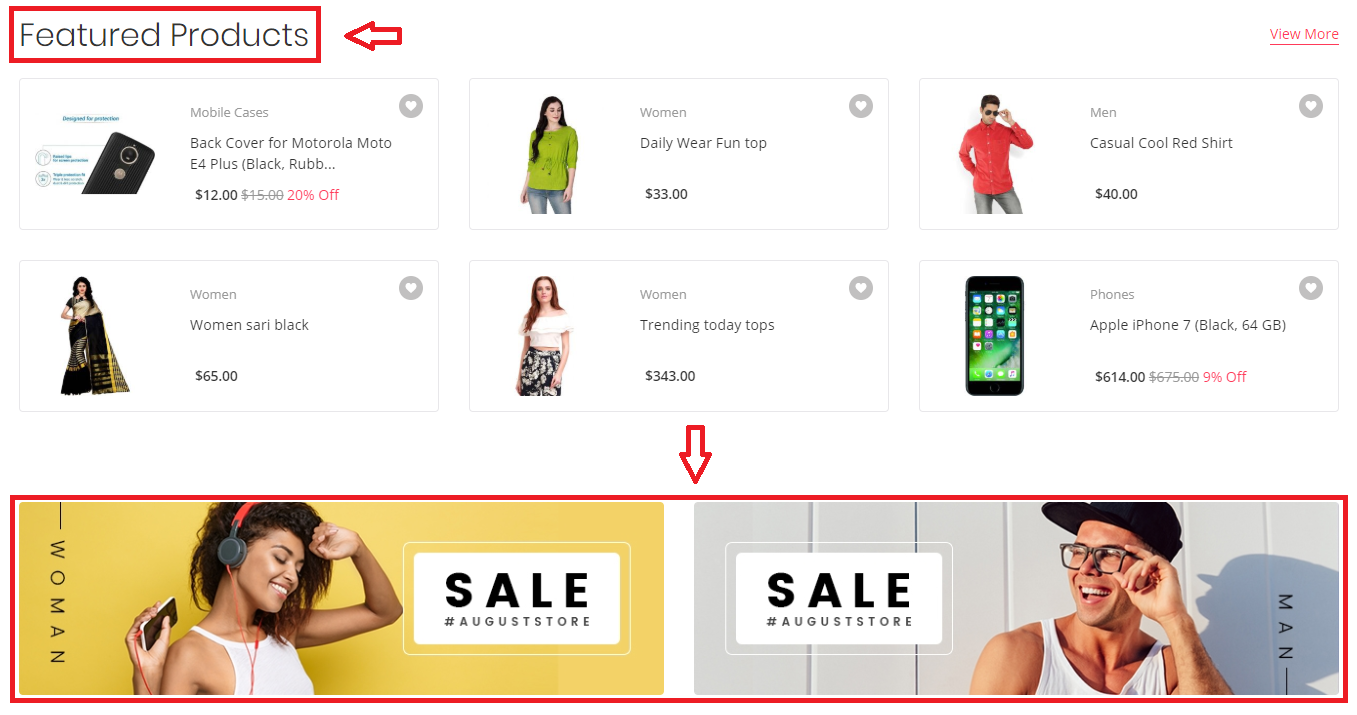
{Featured Products Section and Banner Section on Homepage}
Discount coupon creation
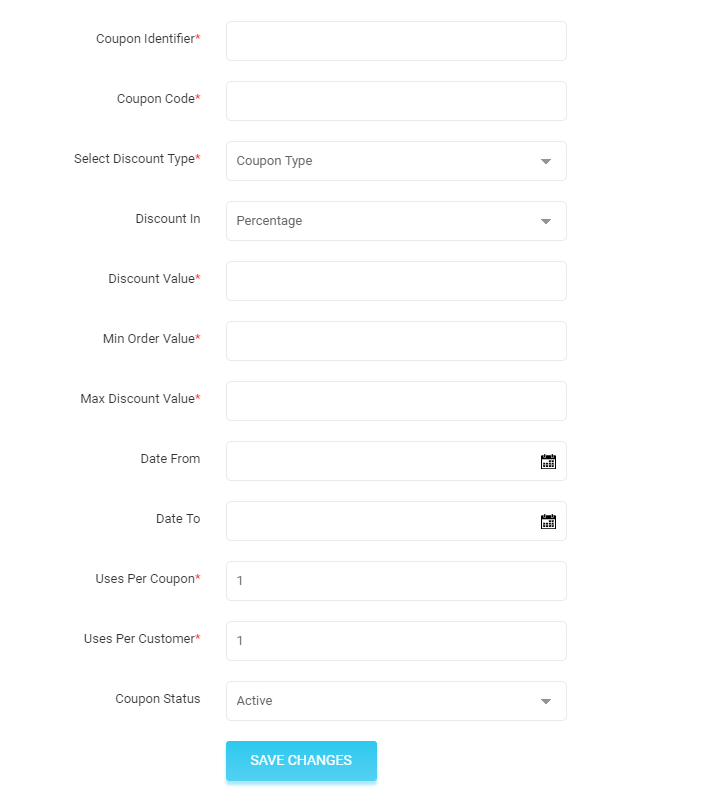
{Discount Coupon Creation Form}
To compete is a challenging business environment, you should invest in marketing. To attract potential buyers, one of the many ways is to plan a market campaign. Yo!Kart enables you to create a discount coupon as shown in the above screenshot.
Feature-Rich and Seller-Friendly Multivendor Platform. Start yours Today!
Conclusion
When the sellers do not get features and policies according to their needs, the online marketplace is sure to fail. Before devising a plan for your marketplace make sure that you consider all the above-mentioned aspects.



